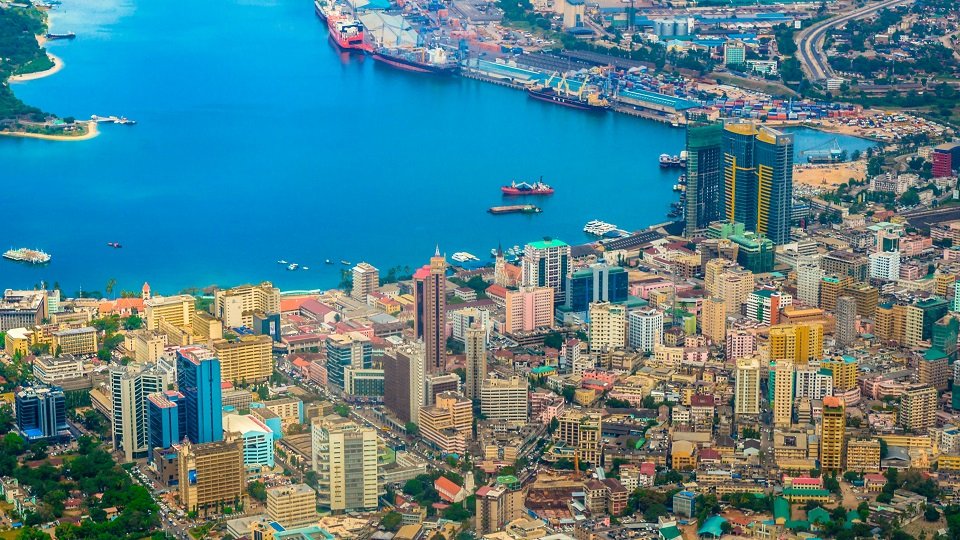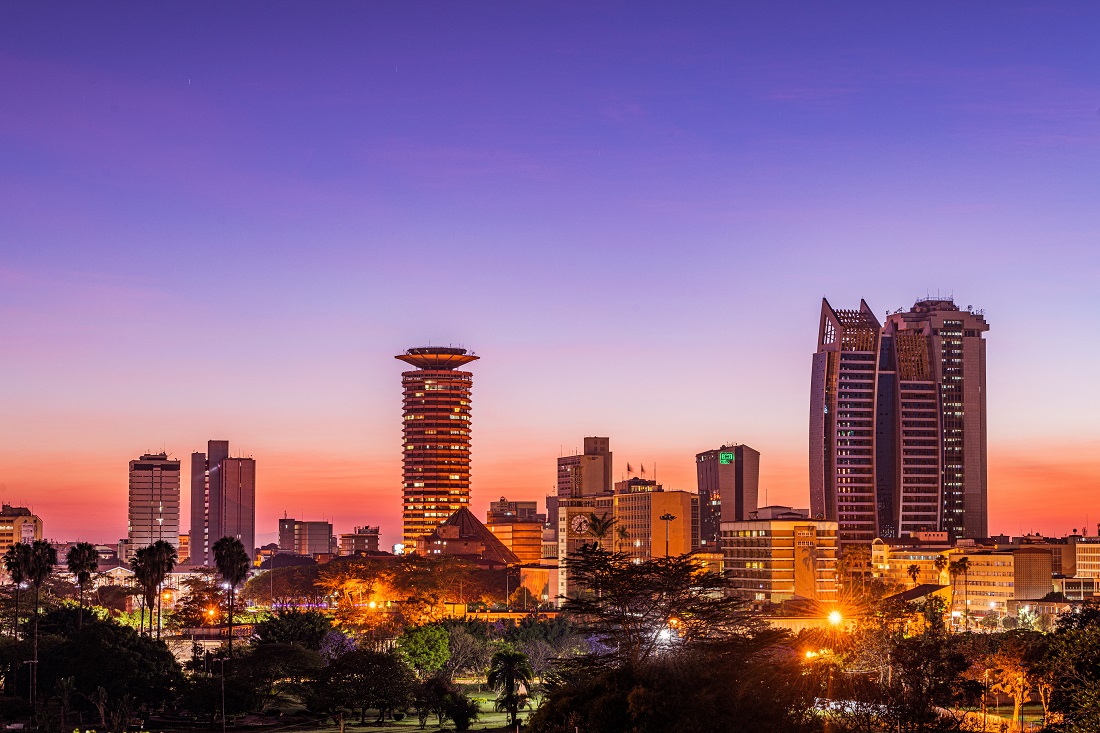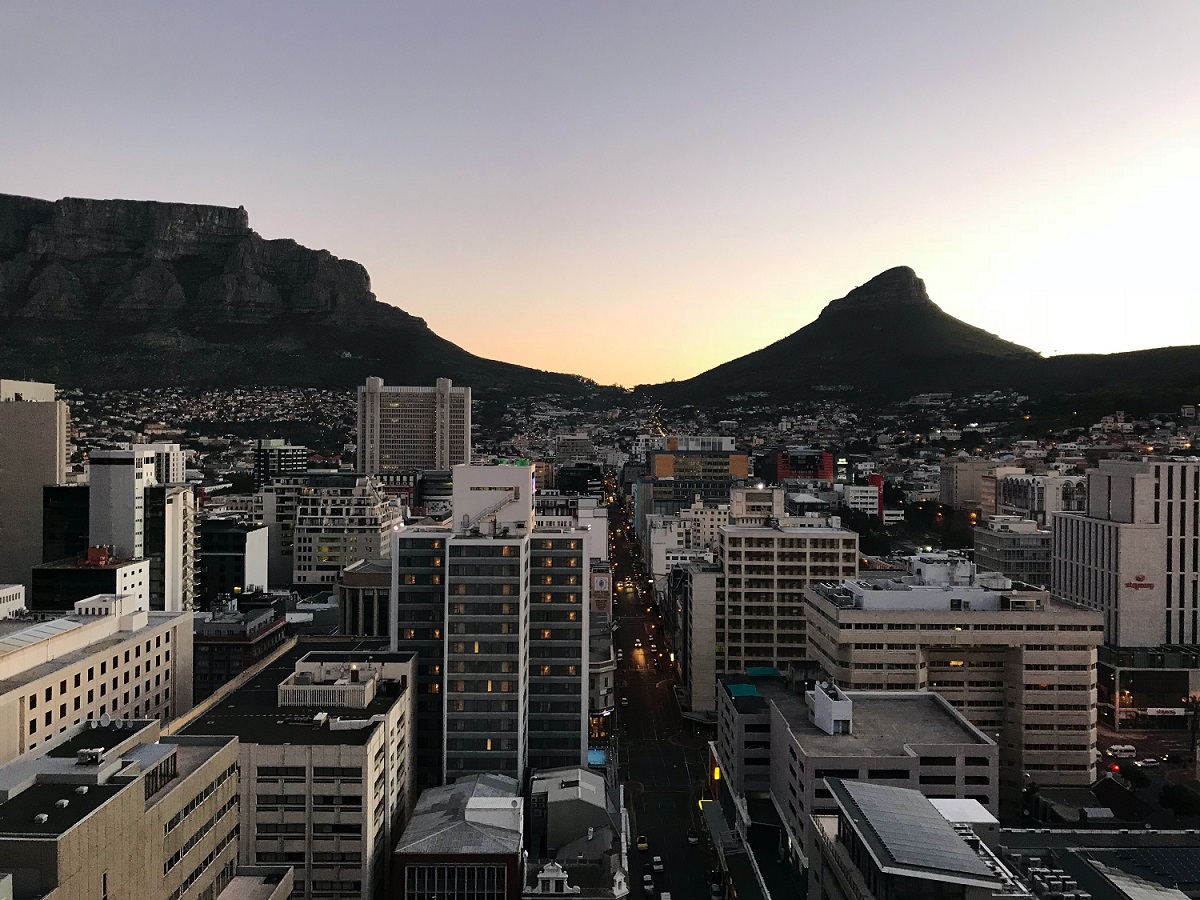Global plastic pollution remains unabated, with recent UNCTAD figures revealing global plastic trade hitting a record USD 1.2 trillion in 2022.Despite increased awareness and environmental campaigning, a recent report highlights a record 139 million metric tons of single-use plastic waste in 2021 – a 6 million metric ton increase from 2019.
News type: Africa Bulletin
Stories that Matter | November 2023
Africa
Africa’s Food and Agribusiness Sector to Hit USD 1 Trillion by 2030
The African Development Bank (AfDB) has stated that Africa’s food and agribusiness sector is estimated to hit USD 1 trillion by 2030. The AfDB said this would present a significant opportunity for businesses to invest in the sector and for smallholder farmers to meet the growing demand for food on the continent. The AfDB President, Dr Akinwumi Adesina, stated this at the World Food Prize Foundation’s Norman E Borlaug dialogue in Des Moines, Iowa, United States of America.
Akinwumi said several world leaders are actively bolstering Africa’s food production and security. According to him, the move is apt considering the global population is expected to reach nine billion, which he said would create a pressing need for Africa to increase its agricultural productivity to meet the rising demands for food on the continent.
Source: This Day
Driving Change: How E-Mobility is Shaping Africa’s Transport Systems
In the face of climate change, a green revolution is sweeping the globe and across the African continent in the form of e-mobility. E-mobility, encompassing electric vehicles (EVs), e-bikes, and electric public transportation, is transforming the way Africans move, emerging as a powerful tool for both sustainable development and environmental preservation.
Stories that Matter | October 2023
Africa
South Africa, Nigeria, Egypt Top Globally for Investment Migration
Africa is continuing its trajectory as a growth market for residence and citizenship by investment programs, with a 46 percent increase in enquiries in 2022, according to the Africa Wealth Report 2023. The report, published by Henley & Partners, highlights that South Africa, Nigeria, Egypt, and Algeria were among the top 20 nationalities in enquiries received last year for investment migration.
The Henley Global Citizens Report Q3 2022 revealed that South Africa and Nigeria were in the top 10 countries globally in terms of applications in 2022, and other African countries generating high levels of applications were Algeria, Egypt, Ghana, Kenya, Morocco, and Uganda.
“Africa’s wealthiest countries have the highest number of applicants on the continent for residence and citizenship by investment programs,” Weyinmi Oritsejafor, IMCM – Client Advisor, Henley & Partners UK, told Business Insider Africa. “This gives credence to the fact that affluent African investors are looking to protect their wealth but also significantly enhance their prosperity, enabling them to leave a greater legacy for future generations,” she added
Source: Business Insider Africa
Climate Investing in Africa: Opportunities for Green Growth and Sustainability
Tackling climate change is of vital importance for Africa. The nature of the fight against climate change is complex and can come at a cost. As Africa, we must be innovative and imagine creative climate-friendly ways African economies can continue to blossom. One non-negotiable element towards realising this goal will have to be much more substantial and sustainable financing than it is today.
Stories that Matter | September 2023
Africa
Afreximbank to Increase Intra-African Trade Funding to USD 40 Billion by 2026
African Export and Import Bank (Afreximbank) has disclosed plans to double its financing for intra-African trade to USD 40 billion on a revolving basis by 2026, up from USD 20 billion in 2021. At the Nigeria Intra African Trade Fair (IATF) 2023 High Level Business Road Show in Lagos, Executive Vice President, Intra-African Trade Bank, Kanayo Awani, said Afreximbank was working with the AfCFTA Secretariat to put in place the AfCFTA Adjustment Fund to facilitate and provide support through financing, technical assistance, grant and compensation to state parties and private enterprises to effectively participate in the AfCFTA. She said AfCFTA has been signed by 54 of the 55 AU member states and ratified by 47 African State parties. According to her, the board of Afreximbank has approved USD 1 billion to support the funding of the initiative and another USD 10 million grant to facilitate the establishment and operationalisation of the adjustment fund. Awoni stated that although AfCFTA is expected to serve as the bedrock for deeper economic integration and economic emancipation, it would pave the way for increased investment in productive sectors, enhance trade linkages between African member states and drive the continent’s structural transformation.
Source: The Guardian
Stories that Matter | August 2023
Africa
Africa Backs USD 514 Billion in New City Projects to Solve Urbanisation Challenges
Private developers and governments across Africa are backing over two billion square metres of land reclamation and new city projects, costing over USD 514 billion, to cater to the region’s growing urban centres, according to Estate Intel’s Africa’s New Cities 2023 Factsheet. According to Estate Intel, North Africa has emerged as the leading region, accounting for 88% of planned new city developments across Africa, followed by West Africa at 5.5% and East Africa at 3%. This distribution has been attributed to increased government commitments to ensure quality living and infrastructure in the face of rising urban populations. Notably, regarding the top five countries in new city developments, Egypt emerged as the leading country, accounting for 33%, followed by Nigeria (17.9%), Mauritius (8.9%), Ghana (7.1%) and Kenya (5.4%).
Source: Daily News Egypt
ESG’s Role in Shaping Green Growth for African Trade and Investments
Amidst current trends on the African continent, there’s a notable surge in emphasis on sustainability. Many African nations are recognising its significance and putting Environmental, Social, and Governance (ESG) practices in their operations. Concurrently, governments are also taking decisive steps, enacting legislation and regulations to tackle pressing environmental challenges.
Potential of AI in Spurring Africa’s Economic Development
Artificial intelligence (AI) has emerged as a driving force behind the fourth industrial revolution, poised to transform sectors and industries worldwide while fostering inclusive growth and economic development. By applying machine learning to complex problems, AI has garnered significant interest and investment, with projections indicating a staggering USD 15.7 trillion contribution to global GDP by 2030, according to a PwC study. Out of this, USD 6.6 trillion is expected to come from increased productivity, while USD 9.1 trillion will be attributed to consumption effects.
Stories that Matter | July 2023
Africa
Africa50 Invests in Infrastructure Worth Over USD 6.6 Billion in Six Years
In just six years of operation, Africa50 has invested in critical infrastructure with a total value of more than USD 6.6 billion, African Development Bank (AfDB) Group president, Dr Akinwumi Adesina, said during the recent Africa50 Infra Forum and General Shareholders Meeting in Togo’s capital Lomé. The Togolese President Faure Gnassingbé attended the event. Africa50 is an investment platform established by African governments and the AfDB to mobilise financing for mega infrastructure projects with significant development impact. Adesina chairs the Africa50 board of directors. Prominent African and global institutional investors attending the meeting signed subscription agreements and letters of intent to commit funds to the USD 500 million African Infrastructure Acceleration Fund – the first private vehicle infrastructure platform launched by Africa50. The fund will catalyse further investment flows to develop critical infrastructure across the African continent.
Source: AfDB









